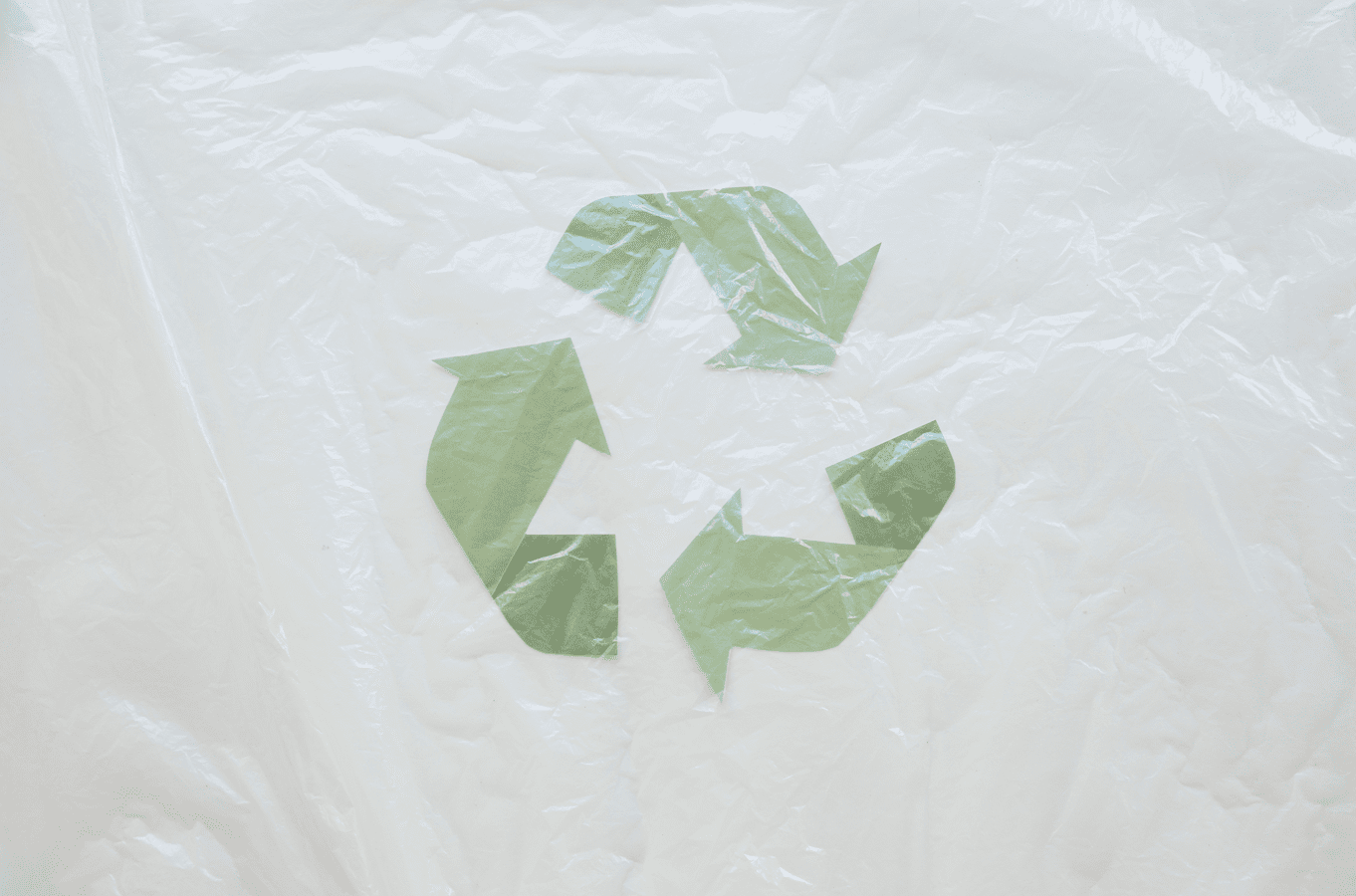
In recent years, plastic has been the subject of increasing debate, with many voices calling for its replacement in favor of "more sustainable" alternatives. However, at Induplast, we will analyze this topic from a more technical and grounded perspective, recognizing the benefits that plastic continues to provide to industry and the environment when properly managed. We especially highlight its importance in the food sector, which is where many of our clients come from; replacing current plastic with other materials could create more environmental problems than it solves.
The increase in material use, the energy needed to produce them, and greenhouse gas emissions are critical factors that are often underestimated in the debate. In the food sector, the use of plastics has been optimized for decades, achieving an effective combination of food protection, resource efficiency, and reasonable operational costs. Therefore, the focus should not simply be on "replacing" plastic, but rather on optimizing its design, recyclability, and responsible use, exploring improvements in the material's value chain.
Studies from various universities support the idea that indiscriminately eliminating plastic could have counterproductive effects on the environment. Perhaps the real challenge lies in continuing to innovate within the plastic sector itself, seeking more sustainable solutions within the material, improving its recyclability, and minimizing its impact.
Resource Efficiency Plastic: compared to other materials, is unsurpassed in efficiency. Its lightness and durability reduce the consumption of raw materials and energy in production and transportation. For example, in sectors like food and industrial, plastic has enabled the creation of highly specialized parts and components, optimizing processes and ensuring safety and quality standards that are not always replicable with other materials.
Reduction of Environmental Footprint: It's easy to point to plastic as a source of pollution, but few consider its contribution to reducing the carbon footprint across various industries. Replacing plastic with alternatives often requires more resources and generates higher emissions. According to studies, replacing plastic in production could multiply greenhouse gas emissions by 2.7 times and material use by 3.6 times.
Plastic and the 3Rs: Plastic is a material that, when managed under the principles of the 3Rs (Reduce, Reuse, Recycle), offers a more sustainable model. Reducing unnecessary use, reusing in industrial and domestic processes, and recycling to transform waste into new products are key to its proper utilization. We will soon expand on this topic in a new post – don’t miss it!
What is your perspective on how the plastic industry should evolve to face these challenges in the future?
The increase in material use, the energy needed to produce them, and greenhouse gas emissions are critical factors that are often underestimated in the debate. In the food sector, the use of plastics has been optimized for decades, achieving an effective combination of food protection, resource efficiency, and reasonable operational costs. Therefore, the focus should not simply be on "replacing" plastic, but rather on optimizing its design, recyclability, and responsible use, exploring improvements in the material's value chain.
Studies from various universities support the idea that indiscriminately eliminating plastic could have counterproductive effects on the environment. Perhaps the real challenge lies in continuing to innovate within the plastic sector itself, seeking more sustainable solutions within the material, improving its recyclability, and minimizing its impact.
Benefits of Plastic in Technical Applications
Resource Efficiency Plastic: compared to other materials, is unsurpassed in efficiency. Its lightness and durability reduce the consumption of raw materials and energy in production and transportation. For example, in sectors like food and industrial, plastic has enabled the creation of highly specialized parts and components, optimizing processes and ensuring safety and quality standards that are not always replicable with other materials.
Reduction of Environmental Footprint: It's easy to point to plastic as a source of pollution, but few consider its contribution to reducing the carbon footprint across various industries. Replacing plastic with alternatives often requires more resources and generates higher emissions. According to studies, replacing plastic in production could multiply greenhouse gas emissions by 2.7 times and material use by 3.6 times.
Plastic and the 3Rs: Plastic is a material that, when managed under the principles of the 3Rs (Reduce, Reuse, Recycle), offers a more sustainable model. Reducing unnecessary use, reusing in industrial and domestic processes, and recycling to transform waste into new products are key to its proper utilization. We will soon expand on this topic in a new post – don’t miss it!
Induplast, Committed to Sustainability
At Induplast, we promote these practices, driving the design of customized parts that optimize resources and generate less waste. The future does not lie in the total elimination of plastic, but in its constant innovation. New developments in biodegradable plastics and improvements in recyclability offer viable solutions to move towards a circular economy. Claiming the value of plastic means recognizing its adaptability, efficiency, and role in a more sustainable industry. Let’s continue investing in intelligent and responsible management.What is your perspective on how the plastic industry should evolve to face these challenges in the future?







